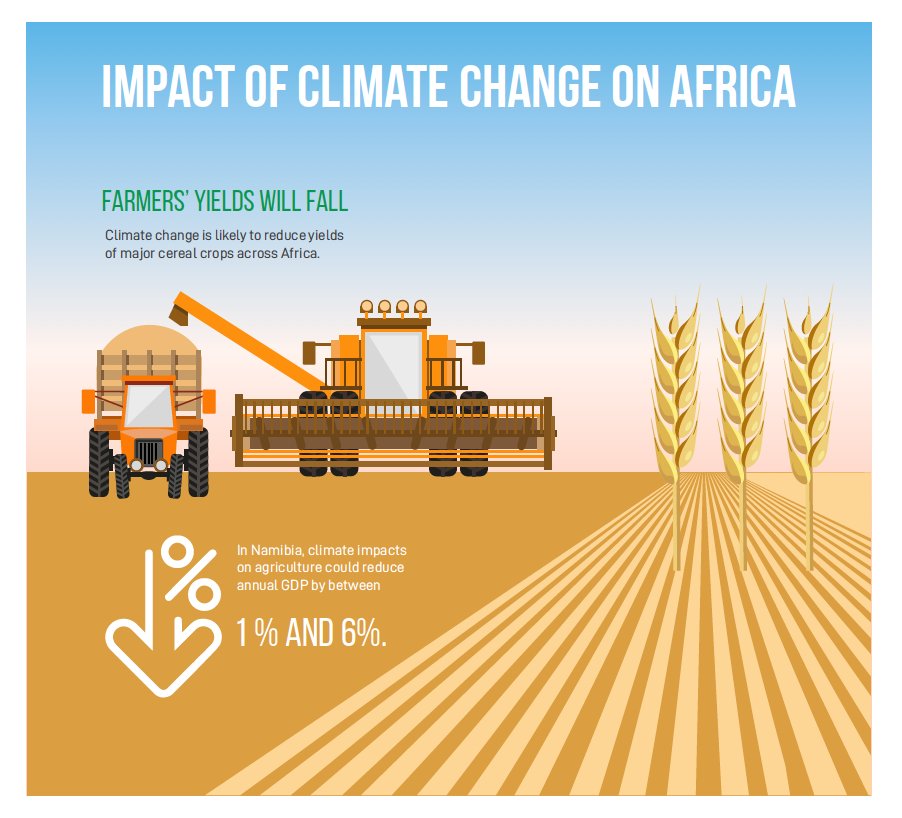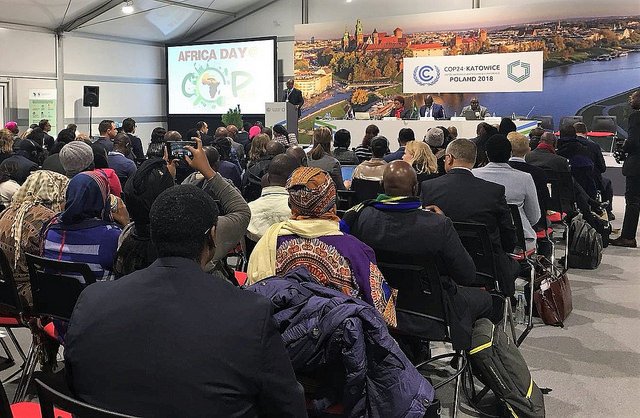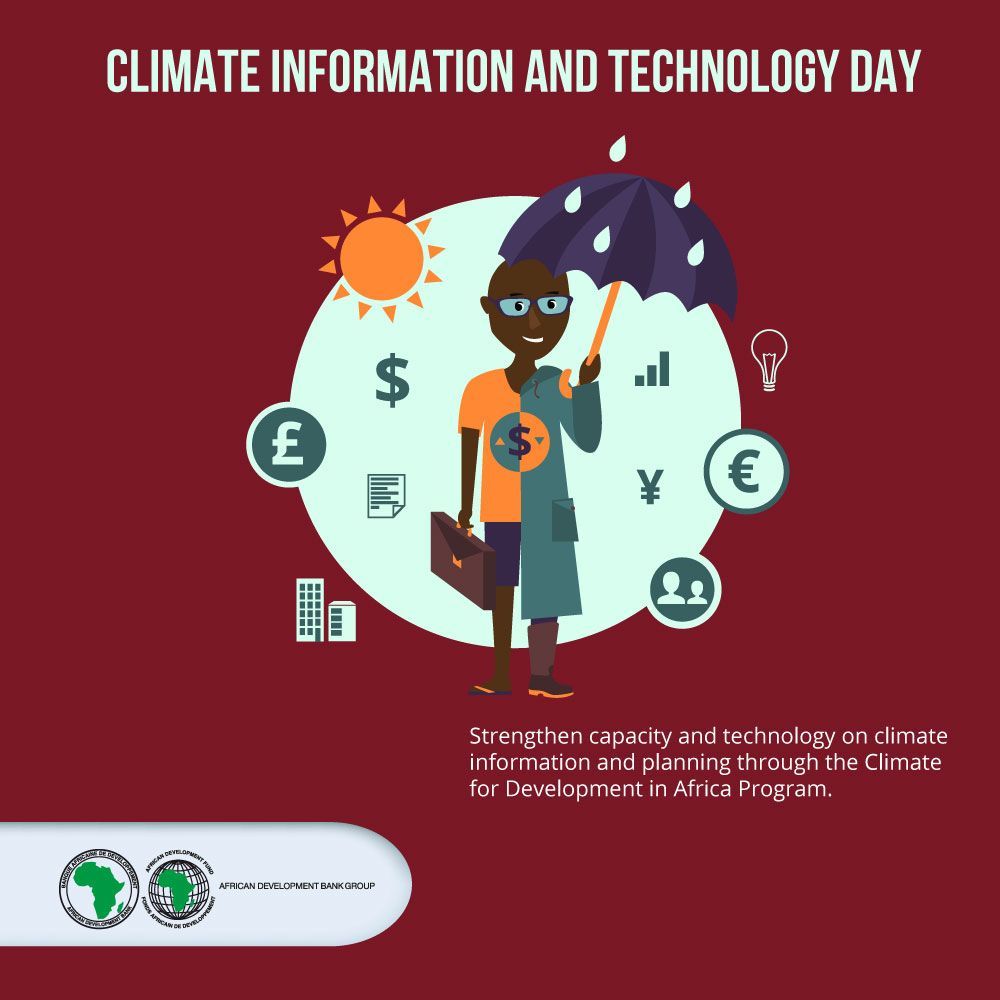A number of organisations have put their video webstreams or Webinar recording online :
International conferences
3-4 October 2018. Ottawa, Canada. Towards a food secure future: lessons from CIFSRF and beyond
The following sessions videos are now available:
IFPRI/FAO global event: conference synopsis (forthcoming)
A Glance PowerPoint embedded in this PAEPARD blogpost gives a concise overview of the event and the key messages that emerged
Videos of all plenary and parallel sessions (click here to view)
Presenter PowerPoints (click here to view those made available)
www.ifpri-faobangkokconference.org
2-14 December 2019. Katowice, Poland. Africa at the COP24
11-17 December 2018. Cairo. The Intra-African Trade Fair 2018
Currently available Livestreams:
Webinars
International conferences
3-4 October 2018. Ottawa, Canada. Towards a food secure future: lessons from CIFSRF and beyond
The following sessions videos are now available:
- Session 1: Sustainable agricultural production
- Session 2: Nutrition and health outcomes
- Session 3: Market access and income for small scale farmers
- Session 4: Collaborative partnerships
- Session 5: Scaling up innovations for impact
- Session 6: Gender equality in agriculture and food security
IFPRI/FAO global event: conference synopsis (forthcoming)
A Glance PowerPoint embedded in this PAEPARD blogpost gives a concise overview of the event and the key messages that emerged
Videos of all plenary and parallel sessions (click here to view)
Presenter PowerPoints (click here to view those made available)
www.ifpri-faobangkokconference.org
2-14 December 2019. Katowice, Poland. Africa at the COP24
11-17 December 2018. Cairo. The Intra-African Trade Fair 2018
Currently available Livestreams:
- Aligning the interests of Governments and Industry on Trade and Investment in Africa
- The Experience of China’s industrial park development and its implications on the industrialisation development of Africa for export manufacturing
- Pulling Together Intra-African Trade Promotion Initiatives of African Multilateral Financial Institutions
- Strategies for promotion of the Agro-processing value chain in Africa
- Informal cross-border trade in Africa – What do we know? How can it be supported?
- African Diaspora – Mobilising Diaspora Resources to Support Intra-African Trade
17-18 December 2018. Vienna, Austria. High-level Forum Africa-Europe: ‘’Taking Cooperation to the Digital Age’’
- 7 December 2018. e-Agriculture Webinar : SWALIM -18 Year Journey in Somalia
- 11 December 2018. Webinar. Drones for Agriculture: potentials and challenges on the African continent
- 11 December 2018. Webinar. The Role of Local Governance in Urban Food Security
- 12 December 2018. Webinar. The impact of Farmer Field Schools
- 13 December 2018. Webinar. This second AgriFoSe2030 policy briefs webinar focuses on how to profile your target audience, and then how to formulate and deliver compelling messages about your research.
- 13 December 2018. Webinar. Innovative financing opportunities for inclusive agri-business recording not (yet?) available
- 13 December 2018. Webinar. Aligning policies and programmes on agriculture and Aid for Trade
- 13 December 2018. Life streamed. Releasing the Underground Forest
- 14 December 2018. Webinar. Conservation Agriculture for Commercial Vegetable Home Gardens: Field Experiences on Yield, Labor, Pests, Diseases and Water Management. recording not (yet?) available
- 18 December 2018. Brussels. at the DEVCO InfoPoint. Coffee: Behind the success story. Can coffee production still be sustainable in times of climate change and price crisis?


























